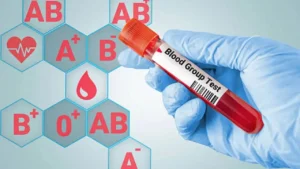GS3 – Science & Technology

Context
A new human blood group antigen, named CRIB, has been discovered in Bengaluru and officially recognised by the International Blood Group Reference Laboratory (IBGRL), UK.
What is CRIB?
- Blood Group System: Part of the Cromer (CR) blood group system.
- Name Meaning: ‘CRIB’ stands for Cromer–India–Bengaluru, indicating its origin.
- Detection: Discovered after panreactivity was observed in a blood test, suggesting an unknown antigen.
- Classification Authority: Officially recognised by the International Society of Blood Transfusion (ISBT).
- Location: Antigen is found on the Decay-Accelerating Factor (DAF) protein, which protects cells from immune attacks.
Scientific and Clinical Relevance
- Expands Cromer Database: Adds to the limited pool of known Cromer antigens.
- Advances Research: Enhances molecular-level understanding of blood compatibility and transfusion reactions.
- Panreactivity Indicator: Helps explain complex cross-matching failures in blood transfusions.
- Need for Rare Donor Registries: Highlights the importance of tracking and sharing rare blood types globally.
- India’s Contribution: Marks a significant step in Indian molecular haematology and transfusion science.




